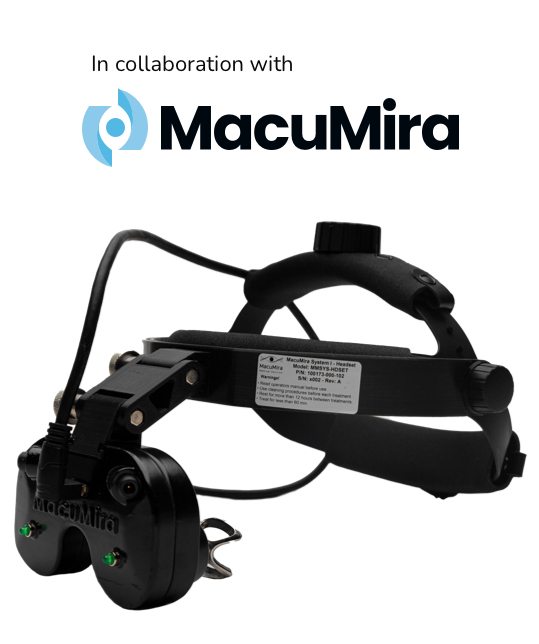Online reviews are important. They make your practice seem more genuine, and they give potential patients an (ideally) objective idea of what they can expect from you. Responding to reviews, especially negative reviews is just as important because it shows that you care about your patients, even after they’ve paid you. When readers see your desire to make any negative experience right, they’re more likely to trust you.
Of course, the concept of dealing with negative reviews gets a whole lot trickier when you consider HIPAA (the Health Insurance Portability & Accountability Act). Responding the wrong way could result in a HIPAA violation. On the other hand, up to 84% of patients say that they use online reviews to evaluate doctors; so you can’t really allow the negative reviews to stack up, can you?
No need to panic; I’ve got 4 HIPAA-friendly ways for you to handle negative online reviews.
Editor’s note: This blog was written as a guideline to assist practice owners in responding to online reviews. Under no circumstance should anything written here be taken as law or bona fide legal advice. Please be sure to consult the Health Insurance Portability & Accountability Act yourself whenever dealing with a patient’s personal information.
What Does HIPAA Say About Responding to Reviews?
To put it simply, HIPAA prohibits sharing any of your patients’ personal information, which obviously includes contact information, diagnoses, or medications. You also can’t do or say anything to indicate that someone is or has ever been a patient of yours.
By straight-up responding to a review online and talking about the reviewer’s experience, you’re indicating that the reviewer was a patient, which violates HIPAA (yes, even though they’ve already identified themselves as a current or former patient.)
Strategies for Dealing With Negative Reviews

1. Ignore Them
The first option is to do nothing. Some patients won’t ever really be happy; they’re just looking for an excuse to get upset. If your only choices are to respond with a reactive, harsh-sounding remark, or to stay silent, you’d better opt for silence.
Even so, I don’t recommend simply ignoring negative reviews altogether. You can’t save a relationship with a patient if you haven’t reached out to try to resolve the problem. Plus, if you go out of your way to make that patient happy, they may delete their negative review, and even replace it with a positive one. More success stories mean you get to make a better online impression
2. Seek Out Positive Reviews to Outweigh the Negative Reviews
Positive reviews can work wonders when it comes to growing your business. You can try to encourage patients who’ve had good experiences to share them online in a Google review. The process can be relatively simple, too.
You can start by sending all of your patients a satisfaction survey as a follow-up after their visit. Any time a patient gives your practice a high rating, you can encourage them to leave a review. Of course, you do need to be careful with this strategy. Different states and governing bodies have different rules dictating how you contact your patients and whether you can solicit reviews. You can read more about that here.
3. Contact the Reviewer Directly
For most non-medical businesses, the general rule is to respond directly to the comment so other reviewers and readers can see that you’re taking your patients’ experiences seriously and are addressing the issue. HIPAA prohibits that sort of response because it implicitly states that the person posting the review is or was a patient at your clinic; a clear violation of their right to privacy.
While reaching out directly to the disgruntled patient (via phone or email) isn’t necessarily as effective in terms of PR, it does show your patients that they matter to you. As an independent practice, one of your unique selling points is that you can take a more local and personalized approach to eye care. Reaching out directly to negative reviewers is an amazing opportunity for you to take advantage of that position and make it work for you.
Before you speak with the patient, be sure you get a full account of what happened from any staff that may have helped them or anyone mentioned in the review. Keep the conversation solution-focused; start by hearing out everything the reviewer has to say without defending yourself or interrupting. Apologize once sincerely, and make sure the apology suits the size of the issue in question. Once you’ve made that apology, start working on ways to resolve the issue and avoid it in the future.
At the end of the day, the reviewer just wants to be heard. That may mean letting them rant at you for a while. Let them get it all off their chest then start moving forward.
4. Post a Generic Response
The strategy that makes the most sense combines the positive public image of replying to a negative review directly with the safety of reaching out to the reviewer privately.
You can come up with a generic, pre-written response that makes it clear that you’d like to discuss the issue, but you aren’t allowed to do it publicly. Suggest that patients contact you directly to address any problems or frustrations. Here’s an example:
“We care deeply about all of our patients’ satisfaction. Unfortunately, HIPAA regulations prevent us from discussing any experiences publicly. We encourage any patients with concerns, questions, or complaints to contact us privately at sample@samplemail.com. We thank our patients for their willingness to help us grow, learn, and serve them better.”
Notice that this message never addresses the reviewer directly, thus tip-toeing around the issue of implying whether they’re a patient or not. It might seem clunky, but it’s better to be safe than sorry when it comes to privacy legislation.
Negative Reviews Are No Reason to Panic
Your practice is unique, so you’ll have to decide which of these strategies works best for you. Regardless of which one you choose, it’s important to remember that negative reviews aren’t the end of the world. They’re normal, and they make you seem real.
Having a few select poor reviews among a plethora of positive reviews typically won’t scare away a potential customer or patient. Users understand that some people are just angry, and they account for that when reading reviews. In these cases showing them that the review did not go unacknowledged demonstrates that you value your patient and customer experience.
































